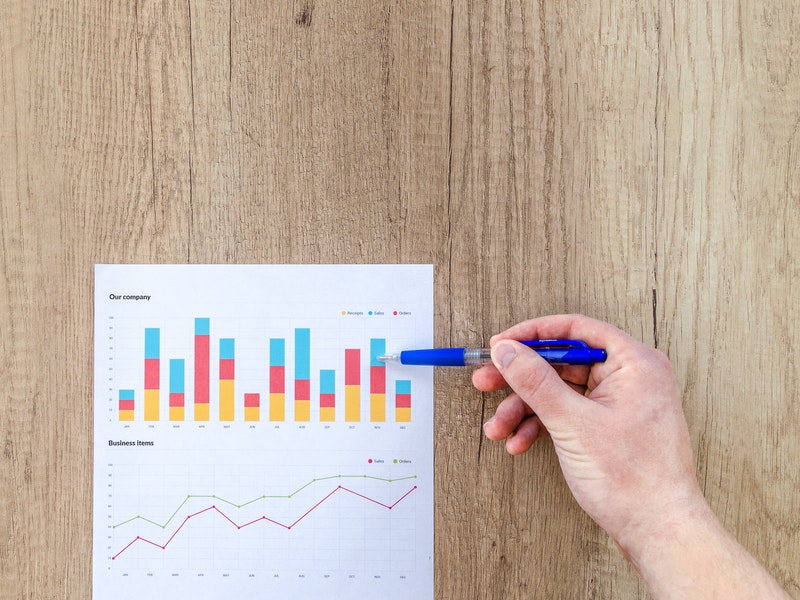


24 July, 2020
If a business creates environmental damage worth $20bn whilst only generating $10bn in sales, has it really made a profit?
That’s the question posed this week by impact investment pioneer Ronald Cohen.
The Wall Street Crash of 1929, Cohen argues, was a turning point for accounting standards. It showed investors the consequences of ploughing money into companies without truly understanding their profits. And the US Government responded, mandating that all companies report their finances according to “generally accepted accounting principles” and have them checked by independent auditors.
Cohen suggests that the COVID-19 pandemic could be an equally dramatic turning point. The crisis has revealed that how we treat our planet has very real consequences for our economy. But right now, companies’ impact on the environment and society are being left off the balance sheet. It’s high time, Cohen argues, that businesses are required to report their impacts on the world according to “generally accepted impact principles” – in accounts that show environmental damage and unequal distribution of wealth as the collective financial losses they are.
Although the conversation about internalising externalities has been rumbling on for decades, the Harvard Business School’s impact-weighted accounts initiative, chaired by Cohen, has brought us closer than ever to making it a reality. It recently published estimates of the environmental impact of more than 1,800 companies, based on publicly available information, and has promised to do the same with employment and product impacts.
Coming from such a high-profile individual, this is pretty exciting stuff. There’s never been a better moment to start putting environmental and social impacts on the balance sheet, and rebalancing our economies for good.
By Sarah Howden